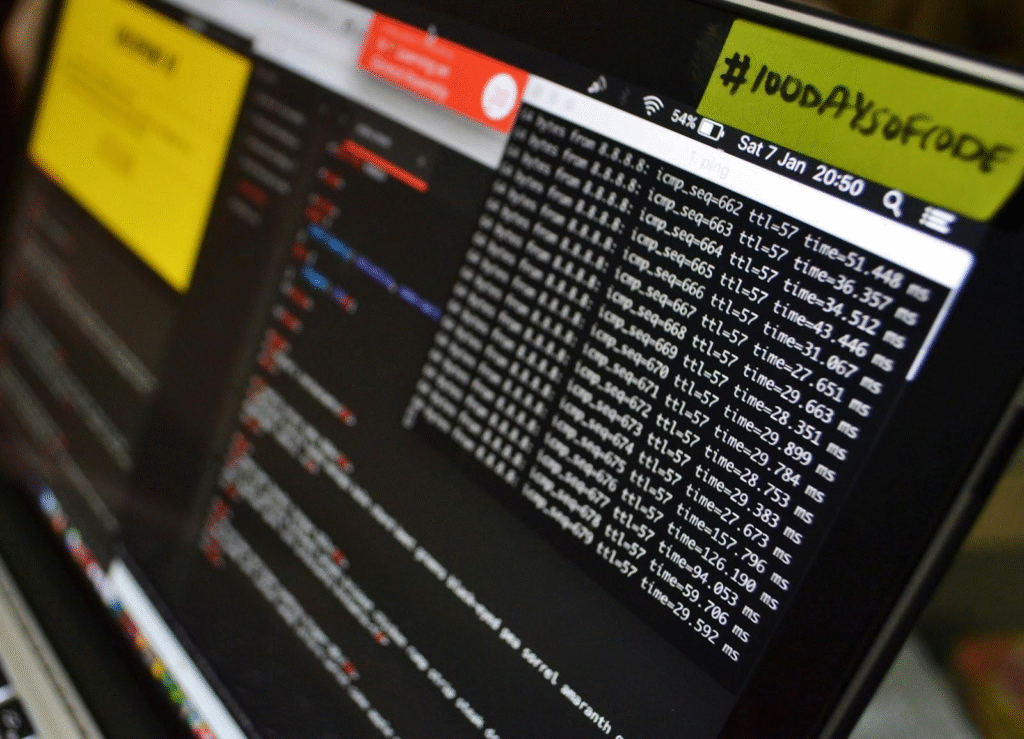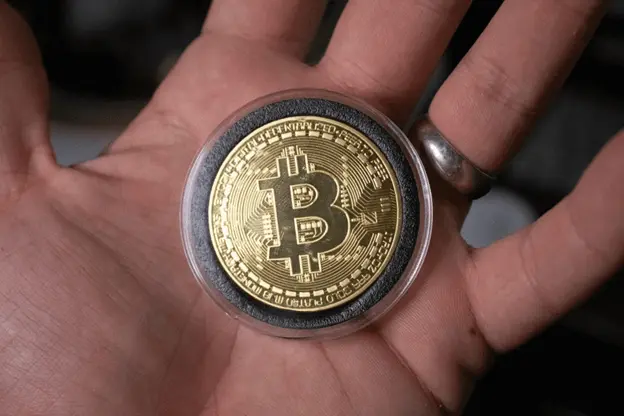Even though crypto deals remain far more flexible than traditional bank transfers, they have partially lost their anonymity over time in favor of the public interest. Anti-money laundering (AML) and counter-terrorism financing (CTF) are now standard for both types of transactions: banking and cryptocurrency. These aspects imply disclosing some of the owner’s personal details.
However, the reliable AML crypto manages to strike a balance between public and private interests. In this review, you will learn more about the triggering AML factors and measures to protect your personal data more effectively. Experts from BitHide will share tips you may not have heard about before.
What Transactions Trigger AML Control?
AML is an unavoidable and mysterious issue for many crypto owners. In this section, we will shed some light on the triggering factors that launch AML checks, but there’s one more important thing to tell you before.
It often happens that suspicious transactions are caused by the unauthorized use of personal data, triggering such checks. We will equip you with the tips to help prevent unauthorized use of your credentials further.
Knowing about the following issues will prevent you from learning from your own mistakes when you close crypto deals on your own:
- Suspicious transaction patterns. In the first turn, it touches the new accounts that are funded in a way inconsistent with the owner’s profile and wealth. Another case may affect both new and existing wallets when transactions involve multiple cryptocurrencies and accounts without a clear business financing purpose. Frequent transfers of large amounts over a comparatively short period of time are also suspicious from the standpoint of AML control.
- Anonymity and privacy concerns. Anonymity by default draws attention, unfortunately. Transactions that involve multiple coins, including those offering higher anonymity for a higher fee, are particularly triggering. When a customer moves funds from a transparent network to purchase anonymous coins, it triggers this process. It’s also not advisable to deal with non-licensed providers or those located in high-risk jurisdictions. When funds are deposited from a suspicious source, such as a gambling site or darknet marketplace, this anonymity level is also very triggering.
- Concerns about the parties involved in transactions. It’s suspicious when a user creates accounts under different names to overcome the withdrawal or exchange limits that may be in place. Another attempt to open multiple accounts using the same IP address may be particularly triggering as well. Transactions originating from suspicious IP addresses and high-risk jurisdictions are also particularly concerning.
The decline of the KYC request is another red flag. When crypto owners forget their essential credentials, it’s another triggering AML factor.
When customers use credentials associated with another account or engage in illegal activity, this constitutes another suspicious transaction from the perspective of AML compliance. It’s also not recommended to change your credentials too often; better secure them properly.

How Can You Protect Your Personal Data and Money
Even though cryptos are always drawing special attention from state authorities and are also targets for cyber criminals, specific measures help to protect both funds and data:
- Be mindful of where you provide your personal data. It’s essential to verify the origin of a cryptocurrency wallet or exchange before making any transactions. Deal with reliable providers, especially when it comes to crypto wallets. Half-legal providers may offer very flexible terms, but in the end, they may cost you a lot.
- Deal with secure and top-notch crypto wallets. Robust security measures back them. However, they also ensure that AML crypto checks are not burdensome at the same time. Reliable providers manage to find a balance between the public interests and privacy. These providers don’t request any excessive personal details and ensure well-rounded personal data protection.
- Secure your device. Use robust anti-malware, anti-phishing, and anti-spyware software. Trust reliable sources to download them and make regular updates. The latter are necessary since cyber threats evolve, and software must be updated accordingly. When it comes to securing devices, it’s even advisable to reserve a separate device for dealing with cryptocurrencies solely. This measure will help you prevent occasional malware exposure from other downloads.
- Read the terms of service of your providers and check their updates regularly. Be aware of the transactions that your providers consider suspicious. Avoiding them will help you carry out the streamlined operations without any breaks for AML checks. Also, read the updates regularly to stay informed about the most significant changes that may affect your future deals.
- Secure your keys and personal data. Never store your keys and personal data in plain sight. Store them in a secure location instead; a separate USB flashcard is a suitable option. The best option is to reserve a separate email and phone number specifically for dealing with cryptocurrencies. Also, never share your private keys with non-trustworthy parties.
- Enter two-factor authentication. It’s very helpful even if it takes more time. Using an extra verification code from your mobile device, along with your password, is another layer of security that prevents unauthorized access to your coins.
- Encrypt your data. Use encryption as an extra measure to protect your personal data and details associated with crypto wallets and exchanges. This measure will help you to prevent unauthorized access and malicious use of your credentials.
- Create backup copies. It’s highly recommended for a reason. If your original device is stolen or damaged, you can securely restore and later change your credentials.
- Set thresholds. It’s another measure designed to help prevent suspicious and unauthorized transactions. When you set the limits for transactions and withdrawals, you automatically prevent greater damage.
Bottom Line
AML is a crucial aspect of dealing with cryptocurrencies. Knowing its peculiarities will help you to prevent any checks that can be avoided. In many cases, those are triggered by an unauthorized use of the owner’s personal data. Being mindful of the triggering factors and security measures will help you to stay on the safe side at all times.

